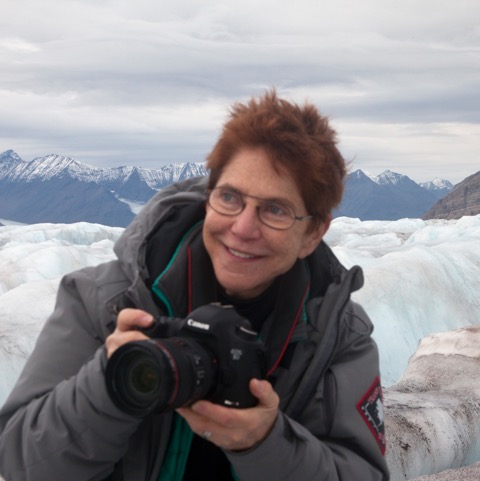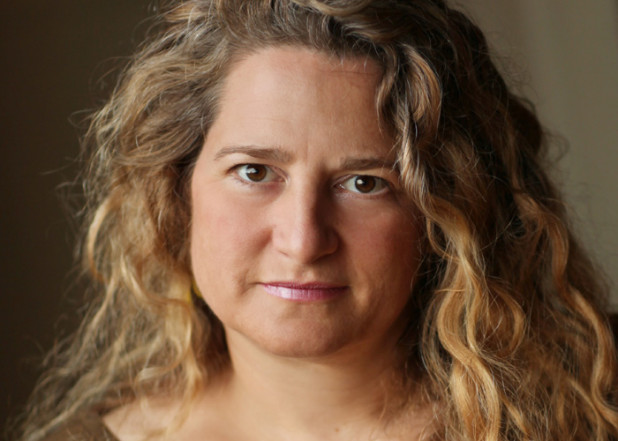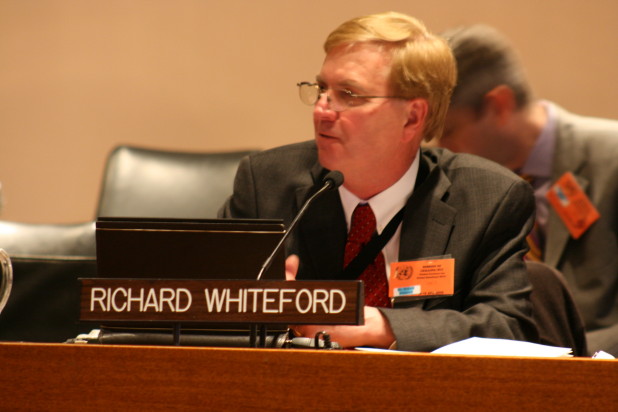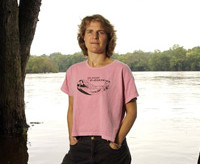By the staff of the Riverbend Environmental Education Center
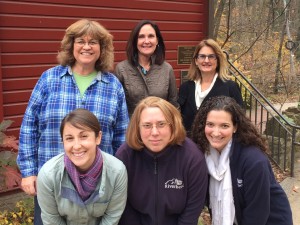 Dear Friends of 2040,
Dear Friends of 2040,
We at Riverbend Environmental Education Center in Gladwyne, PA, hope the future finds you well. Living in 2015, we hear reports of melting polar ice caps and experience an increasing number of violent storms. Perspiration trickles down our necks as we work through higher summer temperatures. Climate scientists tells us that global climate change will have accelerated over 25 years. While the Western United States and many parts of the world are projected to be drier and hotter, we imagine our already very-green corner of Southeastern Pennsylvania will be even warmer and wetter.
Yet we like to think positively. After all – we’re in the business of investing in children and our future. Riverbend’s mission is to teach children environmental principles through a direct connection with nature. Our goal is to inspire respect for the natural world and action as aware, responsible, and caring citizens. In 2014, our center had nearly 20,000 visits from and to school students — 65% of whom were from underserved communities in Norristown, Philadelphia, and nearby communities. If we did our work well, we will have inspired a lifetime passion in others for protecting the natural world. It is our hope that many of our diverse young learners are now diverse young leaders — actively working to solve the environmental problems of 2040. Environmental educators, scientists, and policy advocates are predominantly white in 2015. Yet at Riverbend we believe that increasing this movement’s diversity will strengthen it and give us the wider perspectives needed to tackle tough problems affecting all of us.
With fossil fuel used for transportation at a premium and with global issues of water scarcity and food costs likely to be of even greater concern in 2040, we imagine that environmental education may now be a requirement in schools. Those of us who deliver this education well will be called upon to provide expertise and proven education methods to all children in the region with in-school curriculum and teacher training complemented by on-site visits for experiential learning. Outside of school, environmental education centers and nature centers, will be sought-after havens for the many families who long for authentic nature experiences and who seek respite from an increasingly artificial world.
In 2015 Riverbend launched our Aquaponics Program, the first of its kind in the region. Aquaponics is the science of growing food crops and fish in an integrated, self-sustaining system. Perhaps we don’t need to explain to you what aquaponics is. Perhaps it is as common as gas stations are in 2015. It is our dream that our aquaponics program, aimed at facilitating scientific inquiry, has inspired the implementation of larger-scale projects that address food security. Aquaponics, for example, uses only 10% of the water used by traditional agriculture and it can be done in compact, indoor growing spaces. This makes aquaponics practical for urban and suburban farming. It is our hope that growing food locally on a much larger scale will reduce high transportation costs and negative environmental impacts.
As we zoom out from our corner, we imagine that abundant water resources will make Pennsylvania attractive to businesses and employees. Perhaps some of you relocated to this region in order to benefit from lower costs associated with plentiful water and compact, walkable communities. We imagine public transit and zoning laws will need to keep pace with increased population density – and dense it will be. Most new developments will consist of apartment-style housing with electric car hookups, green roofs, geothermal heating, trail connections, and public courtyards with native plantings. The current trend of spending less time on yard work and more time in public spaces will increase the use of public parks, nature centers, and environmental education centers.
Blessed with water and even more abundant vegetation, the population will grow in the city center and Philadelphia will be celebrated and visited for all things green and water-related including the Water Works, Fairmount Park, Wissahickon Valley Park, and the canals of Manayunk and Mont Clare.
We hope you are enjoying expanded parks, creeks for kayaking, and an extensive network of trails. They were already pretty good in 2015, a year when Pennsylvania has the second highest number of trails in the U.S. We are third in fly fishing waters, ninth in kayaking arenas, and fifth in the number of national parks. The Schuylkill River Trail was voted the number one urban trail in the U.S. We hope you are enjoying its completed route from Philadelphia to Pottsville, with spur trails taking travelers to parks, cafes, and best of all — to environmental education centers.
Best wishes to all,
Riverbend Environmental Education Center
Editor’s Note: Dear 2040 is a series of blog posts containing some of the letters included in our 50th anniversary time capsule, buried in October 2015. Throughout the rest of 2015 we’ll be posting some of those letters, sharing what our leaders, thinkers, artists, and Schuylkill Center staff are thinking about the year 2040. You can read all the posts here.
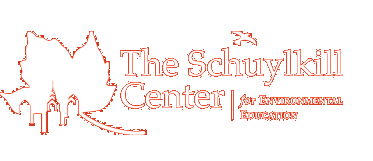
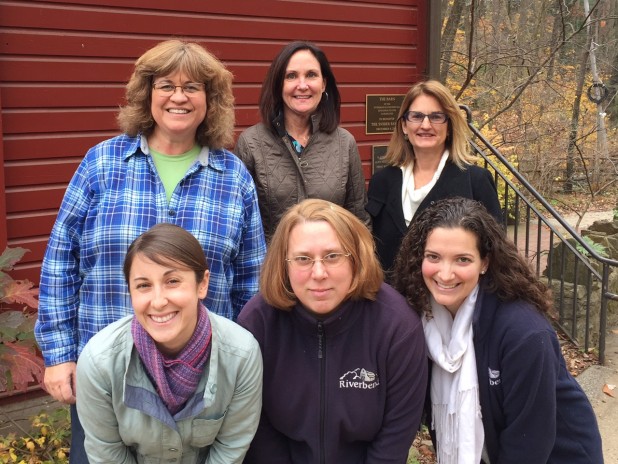

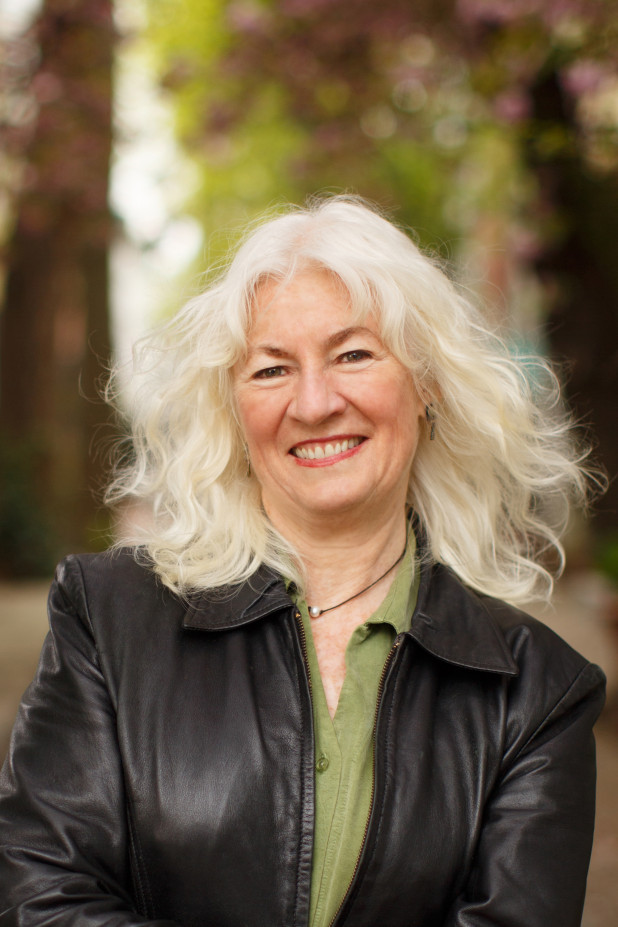
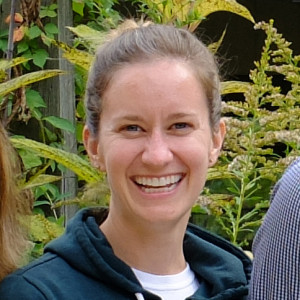 Dear Future Land Stewardship Manager,
Dear Future Land Stewardship Manager,